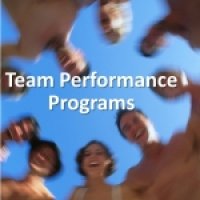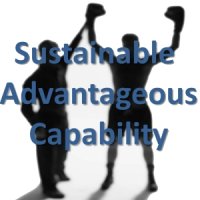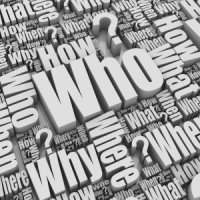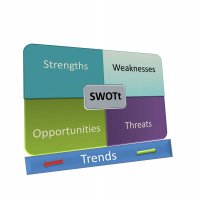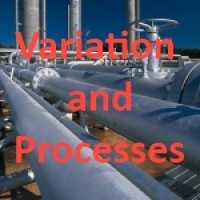Statistical thinking is the ability to understand a situation by accurately assessing probabilities, understanding variation and dealing effectively with uncertainty.
I just finished teaching a graduate-level statistics class where the textbook material was the conventional hypothesis testing, confidence intervals and n/z/t/f/chi2 distributions... This is all valuable stuff in assessing samples and providing proof of the validity of your data. Far more valuable, I believe, is the ability to actually think statistically, which actually has very little to do with this.
A true life skill is the ability to use metrics available including the power of observation to minimize bias, overcome the destructive power of assumptions and bias and draw conclusions grounded in reality with an accurate "forecast" of what is coming. This partly a cognitive skill and partly based on behavioral traits such as being systematic, having strategic acumen etc..
This is the life skill of statistical thinking.










